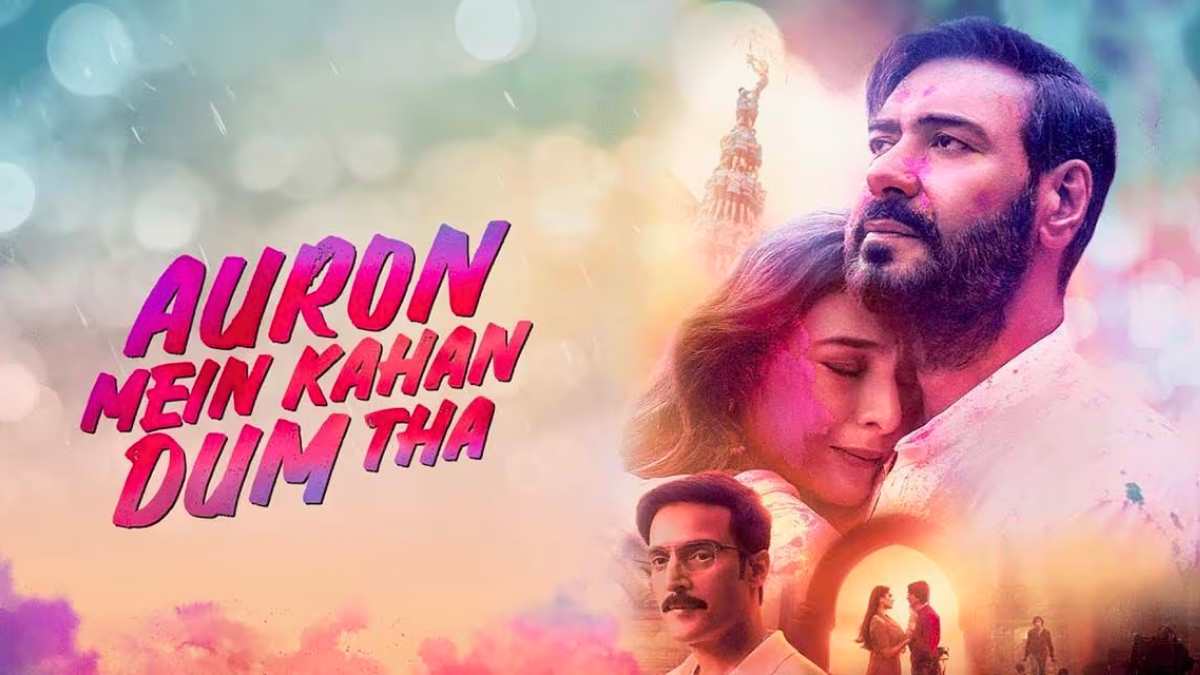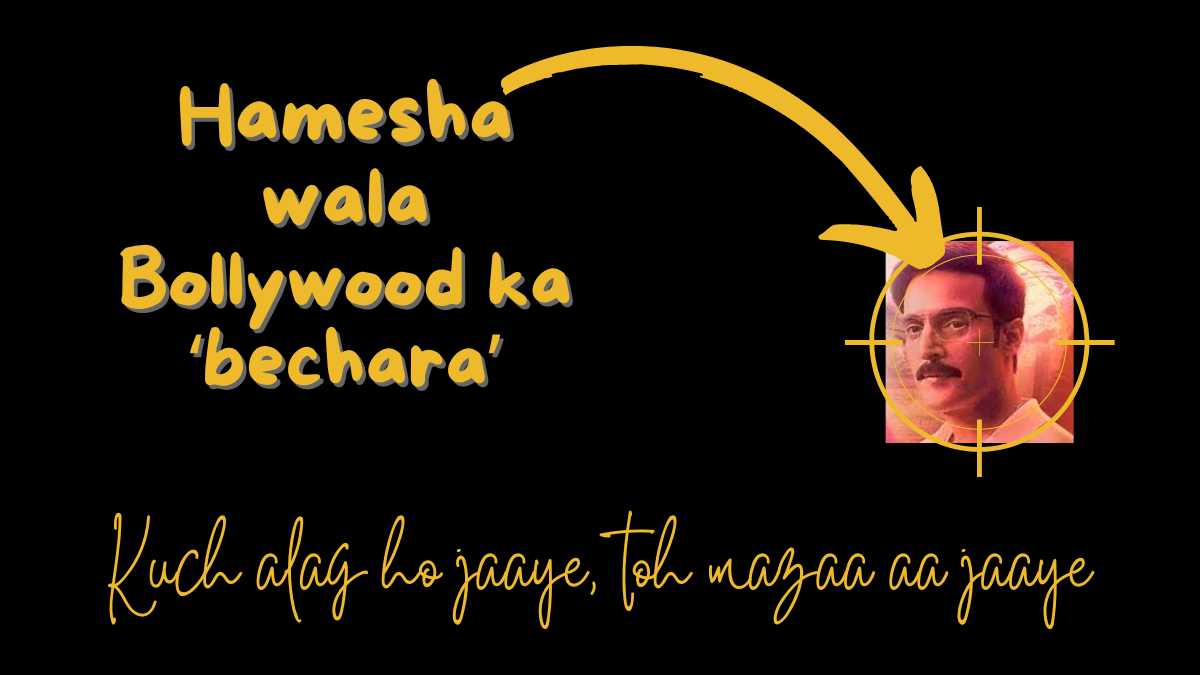This week, an interesting trailer was released for the film Auron Mein Kahan Dum Tha, starring Ajay Devgn, Tabu and Jimmy Shergill. The story follows Ajay Devgn and Tabu, who play lovers separated by an incident that lands Ajay’s character in jail. By the time he returns after two decades, Tabu is now married to Jimmy Shergill’s character.
Jimmy Shergill has often played the sacrificial lamb in many Bollywood films, and there is an expectation that in this film, too, he will sacrifice his happiness for the love between Tabu and Ajay Devgn’s characters. However, I suggest that a different ending could elevate the film to a masterpiece.

I feel that if the film concludes with Jimmy Shergill’s character keeping his wife Tabu, it would provide a surprising and impactful twist. Drawing parallels to the classic Hollywood film Cast Away, where Tom Hanks’ character returns from being marooned on an island for years, only to find his sweetheart married, I remember the strong message about morality and marriage.
In Cast Away, despite the lady’s willingness to leave her husband and reunite with Hanks’ character, he respects her marriage vows and parts with her on an emotional but sweet note, delivering a poignant moral lesson.
The moment I saw the trailer of Auron Mein Kahan Dum Tha, I thought of Cast Away, imagining how cool it would be if the film had a similar ending, where Jimmy Shergill’s character gets to keep his wife.
The moment I saw the trailer of Auron Mein Kahan Dum Tha, I thought of Cast Away, imagining how cool it would be if the film had a similar ending, where Jimmy Shergill’s character gets to keep his wife. I feel it would not only defy audience expectations but also offer a powerful and meaningful conclusion.
And for a change, it would be a relief that Jimmy Shergill got a chance to keep his lady love.
And for a change, it would be a relief that Jimmy Shergill got a chance to keep his lady love.
Such an ending, I believe, could transform Auron Mein Kahan Dum Tha into a truly unique film, resonating with audiences on a profound level and leaving an indelible mark on the minds of viewers, while sticking to the morality of not stealing someone’s wife.
Whether the filmmakers will embrace such an unconventional idea or stick to the tried-and-true Bollywood formula remains to be seen. Nevertheless, the mere possibility of such a daring narrative choice has the potential to spark some curiosity and anticipation among cinephiles and industry insiders alike.

